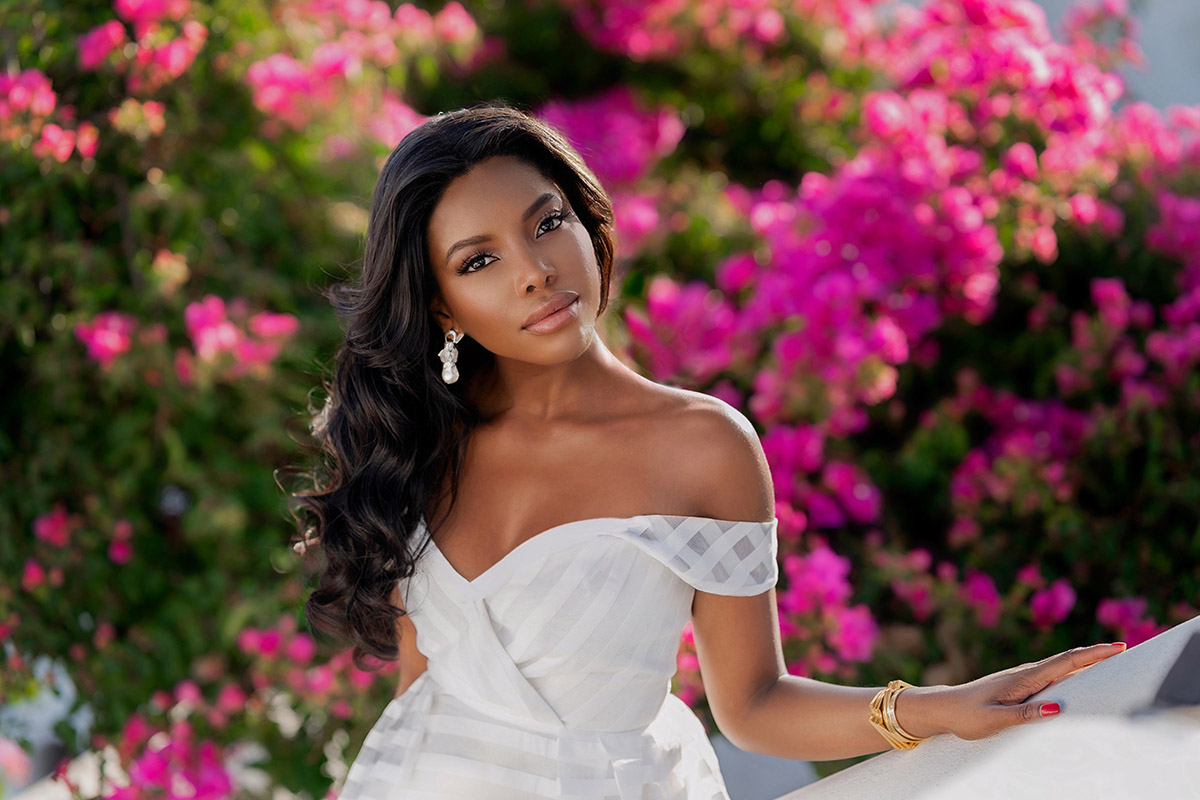
Portia Antonia Alexis is a leading consumer business analyst, neuroeconomist and mathematician
Portia Antonia Alexis is a neuroeconomist and consumer goods analyst specialising in the luxury and beauty sector. Following the publication of a recent research paper entitled ‘The Global Elite,’ the McKinsey alumnus speaks to LUX about how populism is just another form of protection for ingrained elites, why more women will become entrepreneurs, and how self-made billionaires are not always what they seem
LUX: Recent elections in the US, UK and elsewhere have returned a populist message. Yet US President Donald Trump and UK PM Boris Johnson are part of the elite themselves, and their elections are benefitting the elite more than anyone else. How can this be?
Portia Antonia Alexis: Right-wing populism emerges when the political and economic status quo fails the majority of people. Populist politicians build their base by constructing an in-group – in this case, hardworking white Britons – and pitching themselves as the champions of this “oppressed” group. They then blame the out-group – Muslims, migrants and scroungers – for the hardships everyone else is suffering.
Follow LUX on Instagram: luxthemagazine
In doing so, they channel widespread anger away from the powerful – the economic and political elites – and towards the powerless. They may claim to be tearing up the status quo, but their fundamental objective is to protect capitalist institutions when they are at their most fragile.
This strategy extends into the realm of policy. Johnson’s electoral agenda – from clamping down on crime to ending freedom of movement within the EU – will polarise politics around an opposition between white, working-class Britons versus migrants and welfare scroungers. He will declare himself tough on crime and migration while casting his opponents as out-of-touch elites who don’t understand the concerns of ordinary people.
Right-wing populism must be seen for what I think it is: a symptom of a crumbling capitalist order that no longer promises a better future for most people.
LUX: An increasing number of super-wealthy are self-made. Is this good?
Portia Antonia Alexis: This question reminds me of the controversial Forbes cover story naming Kylie Jenner a “self-made” billionaire.
Critics cited that it was irresponsible for that magazine not to address how Jenner’s family fame helped her amass her fortune. And it’s true, in a way. Calling Jenner self-made connotes a sense of empowerment and a narrative that she lifted herself by her bootstraps. In contrast, her successful company is not so much the result of being self-made but rather an extension of the already successful empire that’s driven by her sisters.
Most bottomless pockets, not just Jenner, consider themselves entirely “self-made.” Rich people are very conflicted about their entitlement. To cope with this conflict, many simply pretend to be self-made. President Trump is a glaring example. Even though he grew up wealthy, he introduces himself as an entrepreneur.
The best evidence of this bias to claim “self-made” status? The annual September release of the Forbes magazine list of America’s 400 richest.
The necessary conclusion from these findings: Forbes is spinning “a misleading tale of what it takes to become wealthy in America.” Most of the Forbes 400 have benefited from a level of privilege unknown to the vast majority of Americans.
Read more: Inside artist Sassan Behnam-Bakhtiar’s Saint-Jean-Cap-Ferrat studio
LUX: When will women start to have a significant presence in the ranks of the super-wealthy?
Portia Antonia Alexis: While women still represent a relatively small part of the billionaire community, they are a continuously growing segment. Perhaps more interesting is that the percentage increase in self-made women was more significant than the rise in the number of billionaires overall, which could signal a change in who will create and control wealth moving forward.
Much of the increase in super-rich women is due to entrepreneurship. These women, like all self-made successes, exhibit several core characteristics. For example, they typically have high levels of self-efficacy, are adept at strategic networking, and are accomplished negotiators.
Women that have created their wealth are different from those that marry or inherit their wealth in several essential ways. They are more willing to take calculated business risks, and they are often motivated to take steps to enlarge and enhance their fortunes through new business ventures, sophisticated tax and investment strategies, and the creation of family offices.
There is unconscious bias in the system, though. I believe many men would like to see more women at the top. I don’t think they’re all actively trying to keep women out, but some discrimination still exists.
I am confident that we will achieve gender parity in top income generation over the next generation. The girl who can dominate a field of robots is a woman who can dominate a field of men.
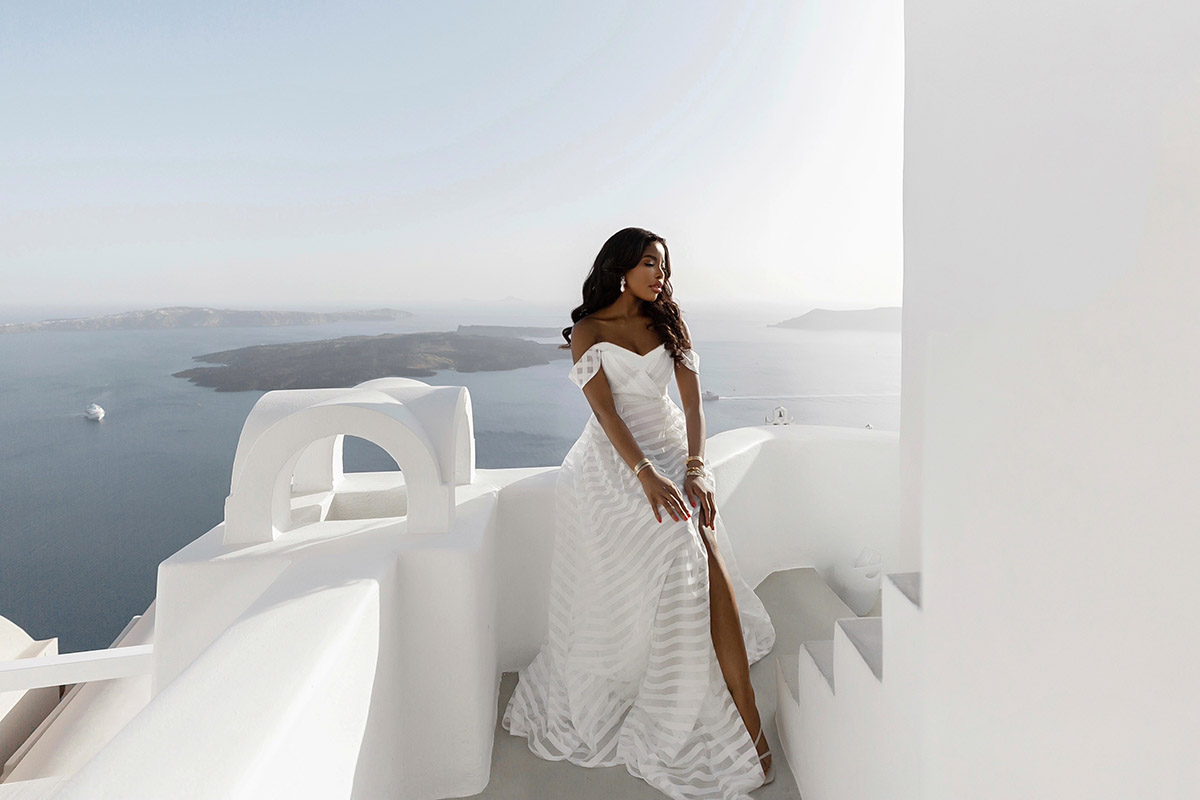
LUX: As millennials mature, will the nature of consumption change?
Portia Antonia Alexis: Millennials are less wealthy than people were in the past, which makes them very price-sensitive for brands and products that are not differentiated from competitors. But while they have less money, they are very value-focused and are willing – thanks to their parents’ finances – to pay for quality or status.
And they are very tech-savvy, having grown up on the internet and with smartphones. They are well-informed and quick to adopt new technologies. Finally, they are into health and wellness, taking a more active role in physical fitness than keeping to an ideal weight or getting enough sleep.
LUX: Are millennials and Gen Z investing more into the ESG and impact investing sectors, or is it lip service?
Portia Antonia Alexis: When investing, millennials are committed to environmental, social and governance (ESG) practices. They want to be responsible investors.
In the early days, this mainly amounted to the exclusion of investments exposed to industries such as tobacco, alcohol or armaments. Still, it is now turning to broader ESG and sustainability policies. For example, we are increasingly asked about board diversity: millennials want to know how many women are on boards or in senior management.
Millennials are not the end of the generational transformation of consumption patterns. Some 77 million members of Generation Z, also known as centennials, have been born since 1997 – making them as large a cohort as the millennials. They are the most diverse generation, with almost half of them belonging to a minority group.
The potential for higher returns from companies that position themselves to benefit from the changing consumption patterns of millennials and centennials should make them especially attractive for investors.
Read more: How Saudi Arabia’s Jeddah is establishing itself as a cultural hub
LUX: Can you invest ethically and get the same return as investing without regard for ethics?
Portia Antonia Alexis: A common assumption is that sustainable investment is about conscience rather than profit. Almost three out of 10 people avoid ethical funds because they believe the returns will not be as high as more conventional alternatives.
Very often, people assume you have to give up decent returns to do good with your money. But this isn’t philanthropy, and it’s about people, planet and profit. The research bears that out, showing that sustainable funds are often generating better returns than more traditional funds. Some still regard ethical investing as a fringe activity for do-gooders, but evidence shows how wrong this assumption is.
This year, the National Trust announced it was divesting its investment portfolio from fossil fuels. Meanwhile, equity research house Redburn recently removed buy ratings from the biggest oil companies, saying that demand for oil is set to decline as the focus moves to renewables. Not only is it savvy to maintain a varied portfolio, but sustainable investing is also becoming increasingly mainstream, opening up more impact investing opportunities to all levels of the investment community.
Research shows this type of investment can provide equal, if not better, returns than more conventional funds. And also, the variety of companies financed by impact investment funds – those that score highly on ESG factors – perform better. These businesses typically have lower costs of capital and higher returns.
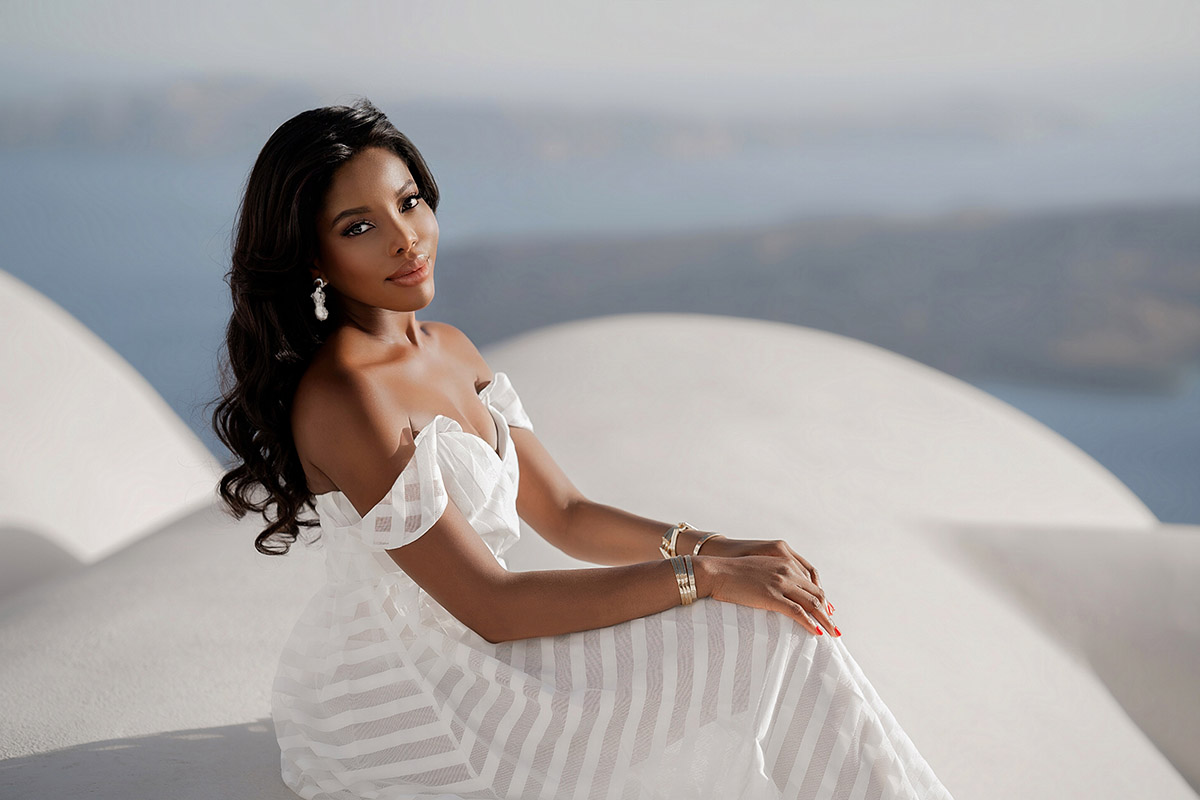
LUX: Is ethical investing being led by the West, and does the rest of the world need to catch up?
Portia Antonia Alexis: In most Western countries, between 40 to 80 per cent of investors want to invest “ethically”. They desire to make money and create a better society. However, the funds screening investments for ethical conduct usually make up less than 3 per cent of total mutual fund, unit trust, or ETF assets in those countries. These ‘ethically screened′ funds frequently focus on investments related to the environment and sustainability, social responsibility, or are faith-based, and so on.
Investing ethically, for some investors, is essential as they believe it also impacts their personal or spiritual development. They think they ultimately share in the responsibility for the activities of the company, companies or funds that they invest in.
In many Muslim countries, ethical investors invest in Islamic financial products such as Sukuk—Islamic bonds. These assets sometimes represent a significant proportion of total financial system assets in these countries, in contrast to the socially responsible investment (SRI) priorities of many Western investors such as mitigating climate change or regulating genetically modified foods. SRI in developing countries may need to address health care provision, poverty alleviation or food security. The SRI schedule tends to be shaped by a market dogma that can elevate or marginalise issues according to their perceived “financial materiality” to investors preoccupied with finding a business case for acting ethically.
Read more: Boundary-breaking artist Barbara Kasten on light & perception
LUX: How are the children of the super-elite dealing with the wealth created by their parents?
Portia Antonia Alexis: I often describe elite kids as having “well-fed child syndrome.” The idea is simple enough: they’re not made aware of their limits, only of their capacities. They get a sense of the world not as rules and regulations, but instead as an open terrain to be negotiated. Whereas the experience for a lot of disadvantaged kids is that of “you can’t” — of the limits placed upon you, the rules you have to follow, and the punishments likely to be laid down on you, the experience at St. Paul’s is that “you can.” This is an empowering way to treat children. This ethic — this sense of potential and an open world before you — helps with success.
A lot of very wealthy people are not accountable to their community, they’re not responsible to the people they love, they show their power and control through the transaction, and they are unhappy, from what I can tell. The people I know who are very wealthy and are happy are all contributing something to society.
LUX: Are experiences replacing luxury goods as the purchasing focus of the wealthy?
Portia Antonia Alexis: At the end of November of last year, the Savigny Luxury Index, compiled on the stock values of 18 leading luxury companies, reported a drop in average stock prices to reach a lower level than at the beginning of the year.
In the past, luxury was associated with champagne, caviar and designer clothes. Nowadays, with increased affluence, luxury is no longer the preserve of the elite. More and more consumers have traded up as old values of tradition and nobility have become less critical. People are enjoying much more material comfort in comparison with previous generations, and this has resulted in a trend of a cultural shift for cultural fulfilment and aspiration through experience. Therefore, it could be argued that luxury is increasingly about experience and authenticity rather than monetary value.
The focus on aspiration and experience means there is an increasing emphasis on personal transformation through, for example, well-being and travel. Therefore, luxury is becoming more challenging to define because the language has changed. Luxury today is not necessarily expensive. It can be accessible to a mass market, not traditional; it can also be personal, authentic and experiential. However, the old-world luxury of consumption and elitism still prevails.
LUX: Does elite mean wealthy, or does it mean privileged in other ways? Can you be one of the elites without being wealthy?
Portia Antonia Alexis: Elite suggests by definition that it goes for both wealthy and privileged. An elite is a relatively small group of people with the highest status in a society, or in some domain of activity, who have more privileges or power than other people due to their condition. Elitism is believing in or promoting this sort of arrangement, whether that be in the academic world, politics, art, sports, or anywhere else. Almost all the national income gains over the last 40 years have gone to the wealthiest 5 per cent of Americans.
If you think that only the top 5 per cent of American earners have become more productive or been the sole producers of value, you don’t understand how an economy works. Elites have used their power to extract a greater and greater share of the national wealth. And that must be addressed.
I don’t know if you can be one of the elites and not wealthy. But I do know ones who can be against the elite and still be wealthy and privileged.
Read more: Examining the work of visual artist & philosopher Wolfgang Tillmans
LUX: So far, populism in the West has returned right-wing, free-market, nationalist political leaders in the UK, US, Poland, and elsewhere (see Q1). Will high tax/socialist politicians succeed?
Portia Antonia Alexis: The resurgence of populism has abruptly reshaped global politics over the past few years, but what it means for economic growth and financial assets has yet to become apparent.
Although markets are quick to respond to individual events—such as a populist party’s rise to power or the introduction of a tax cut or spending increase—they have not yet grasped how populism could affect the global economy over the long term.
This poses a challenge for investors, as they need to understand the economics of populism to position their portfolios over the years ahead effectively.
The early stages of the policy profile outlined above can be glimpsed in President Trump’s deficit financed tax cuts and the ruling Italian populist coalition’s battles with the European Union (EU) to push through an expansionary budget.
The fiscal accounts of Hungary and Poland have structurally deteriorated after the election of rightwing populist governments, and the market’s price in an economic deterioration in Mexico under the newly elected left-wing president Andrés Manuel López Obrador.
It is worrying that most of the populist governments that undertake these fiscal expansions lack the fiscal space to do so.
LUX: What is the most exciting trend you have observed among the elites?
Portia Antonia Alexis: The rise of populism has become a global obsession in the last year. Whether it’s Donald Trump or the Brexit movement, the rise of populism has helped crystallise the fact that there are two kinds of elites: those who like to bash populists for being foolish, and those who wish to bash other elites for failing to give populists enough of what they want.
What’s interesting is that the anti-elite elites don’t seem to have policy preferences that differ that considerably from other elites. Everybody thinks the status quo needs changing in one way or another. And I don’t think points based on skilled immigration systems and relocation vouchers aren’t what most anti-immigration protesters have in mind.
Nor do I think a vigorous points-based immigration system, relocation vouchers, or any policy ideas of anti-elites would have done much to stop the current global wave of populism that we’re seeing. Had anti-elite elites been handed the wheel 15 years ago, I think we’d pretty much be right where we are right now.
LUX: You initially trained to become an equestrian show jumper, today you are an economist, mathematician and business analyst. What changed?
Portia Antonia Alexis: I spent an extensive amount of time training to become an international equestrian. Ultimately, I found I loved mathematics more. When I was volunteering as a youth counsellor with the London Metropolitan Police, offering counselling and therapeutic care to youths who had been victims of crime, I witnessed a range of diverse socioeconomic issues. These issues concerned me, and I found it interesting to analyse the problems from an academic, investigative and human lens. I wanted to find a way to research the determinants relating to wealth, income, poverty using a range of the method. And to predict the probability of wealth distribution income inequality and social mobility in detail. The rise of the global elite and the rise of income inequality and the decline of the social movement.
The most important thing I learned as a mathematician is that I can’t explain it all on my models, I must get out and meet the world. I enjoyed the process, and it motivated me: the people and their stories. Economics studies the behaviour of people. There are a lot of variables that can’t be explained in the models. Even if they could, those models would be useless. When I started working as a researcher, I didn’t spend my time thinking about what Keynes or Hayek said, nor did I try to show how the mathematical models work. I just went to the data, applied some statistical analysis and applied them on the real world.
This is the kind of work that counts, the type of knowledge that is useful, because it’s not doomed to stay on a shelf for centuries, and it has a connection with the people out there.
I still love horses and ride and show jump for leisure these days. I take part in equine therapy once a week, which involves activities with horses and other equines to promote human physical and mental health. I also occasionally write research papers on trends within the horse racing industry and the global equine industry.
Follow Portia on Instagram: @portiaeconomics

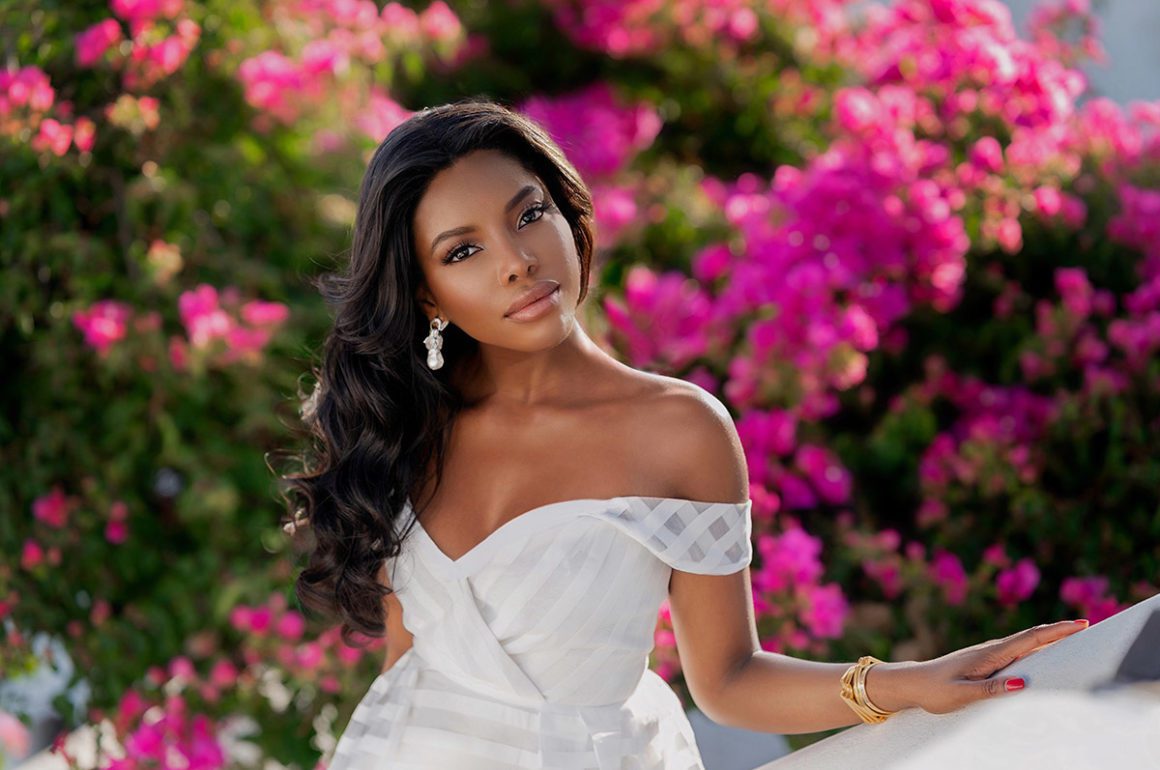
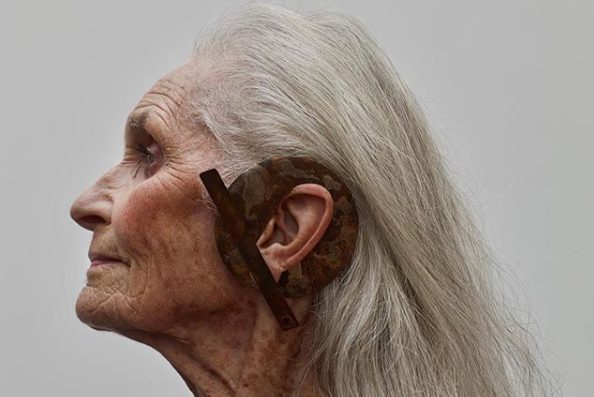
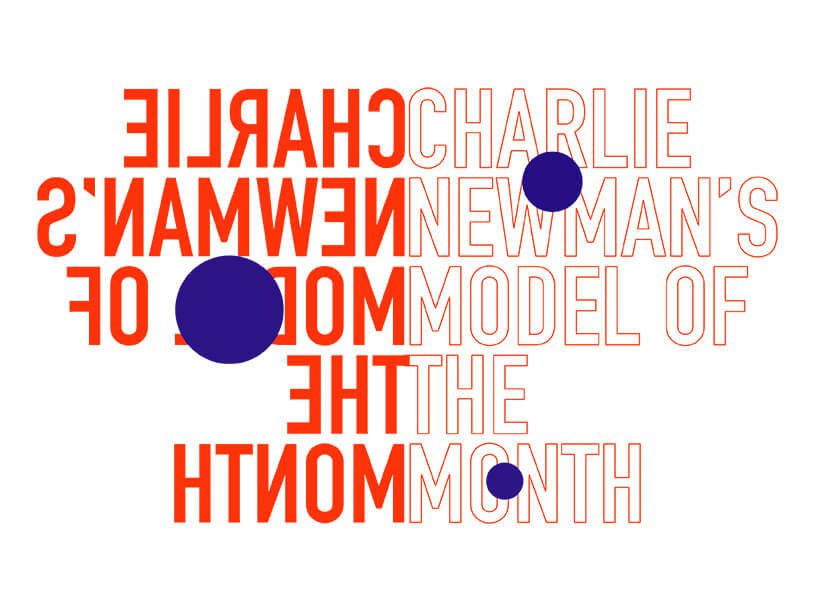
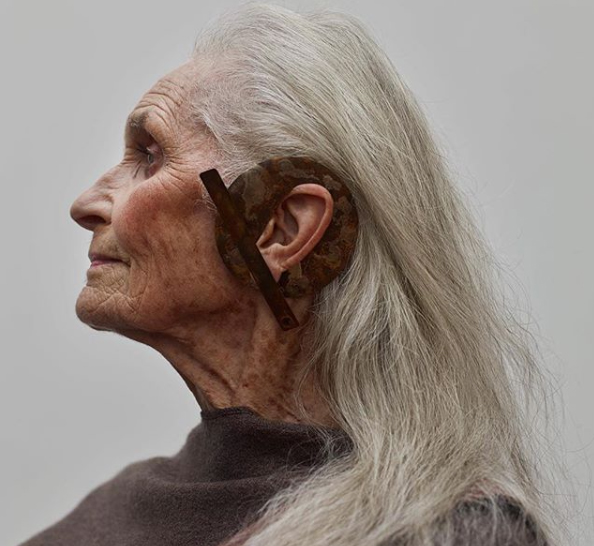

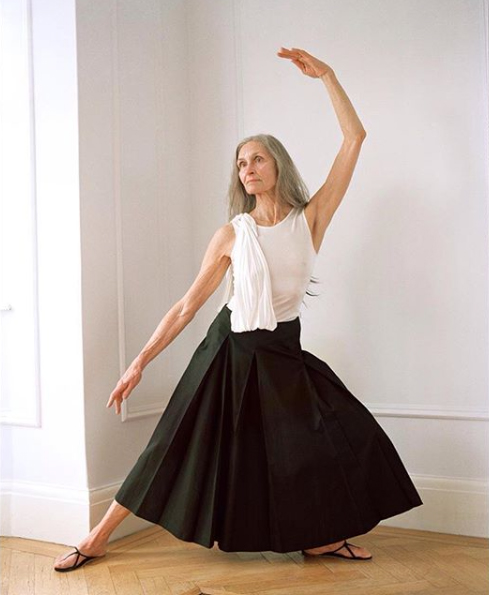
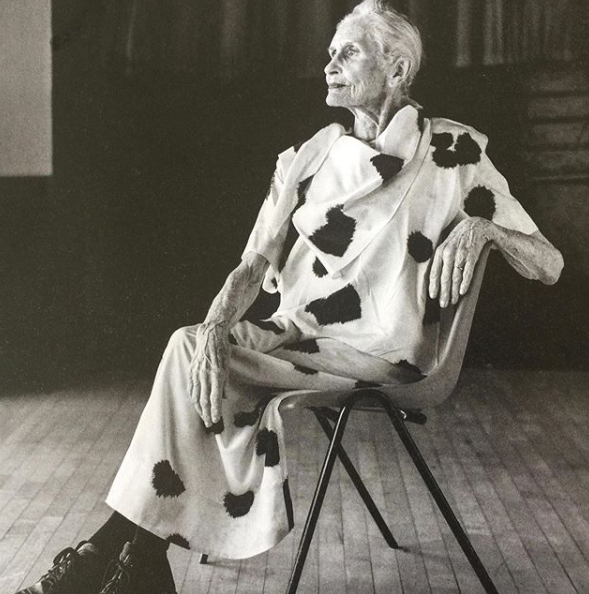
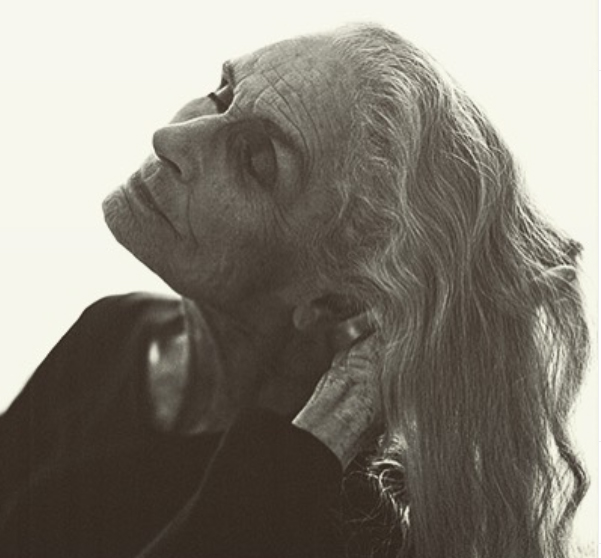
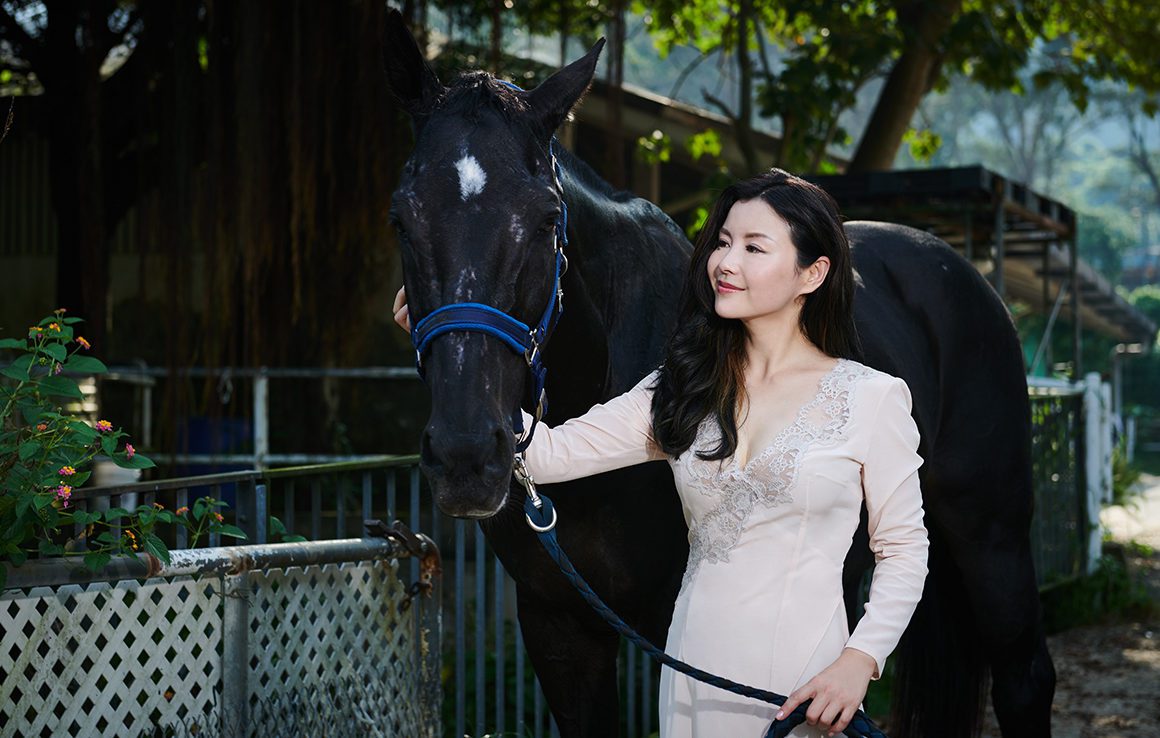
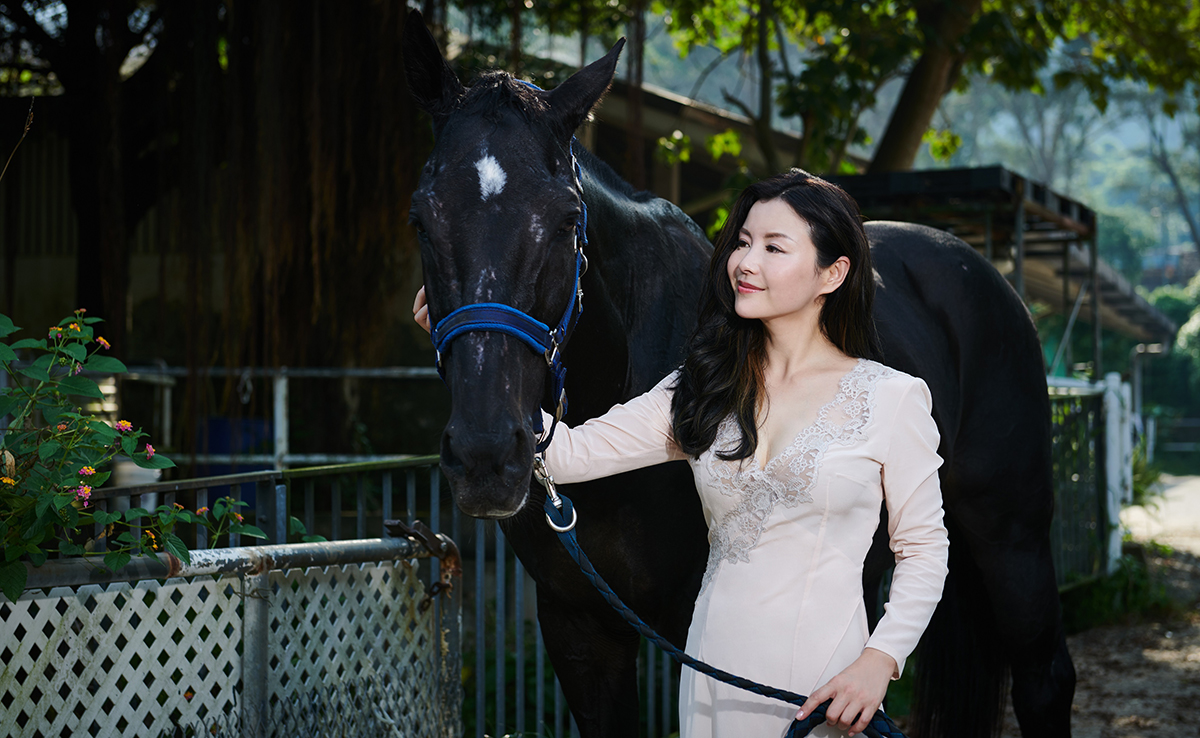

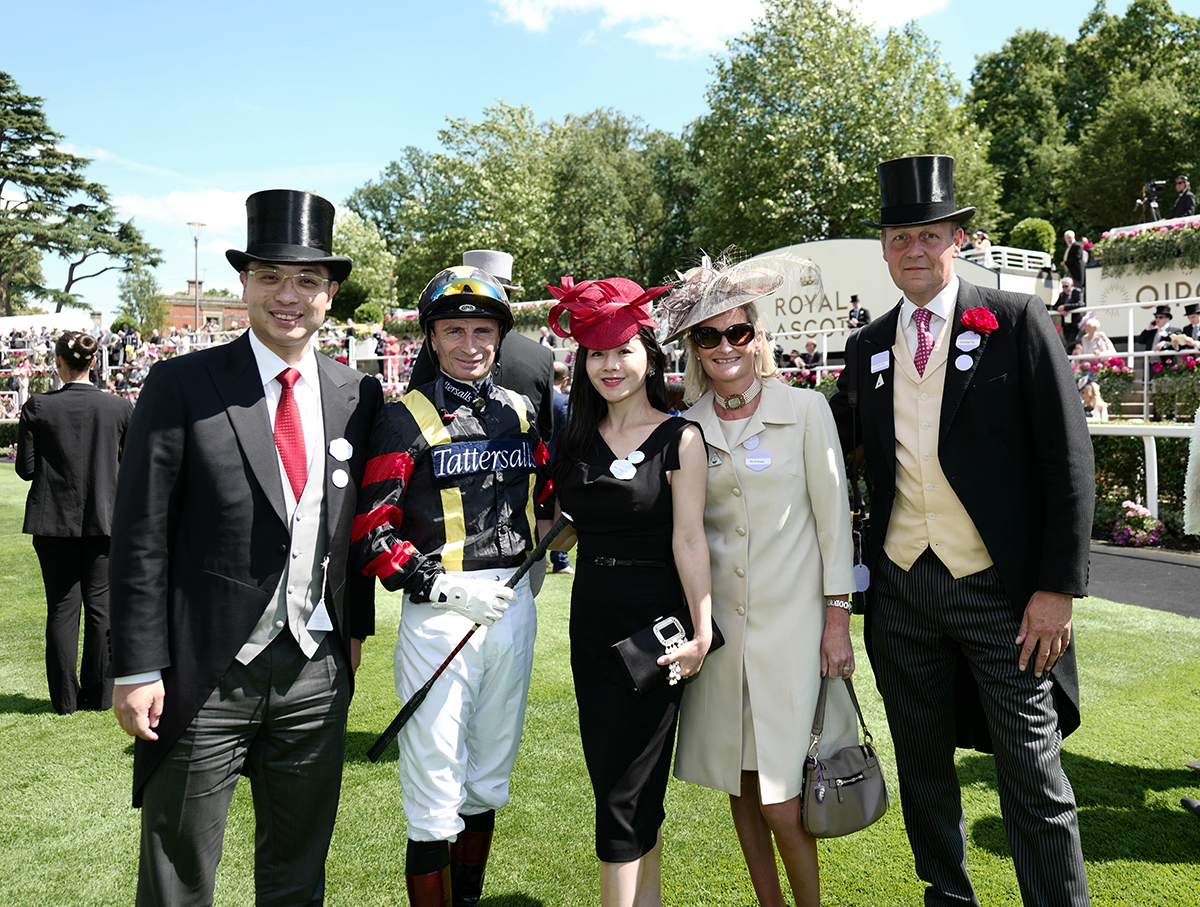

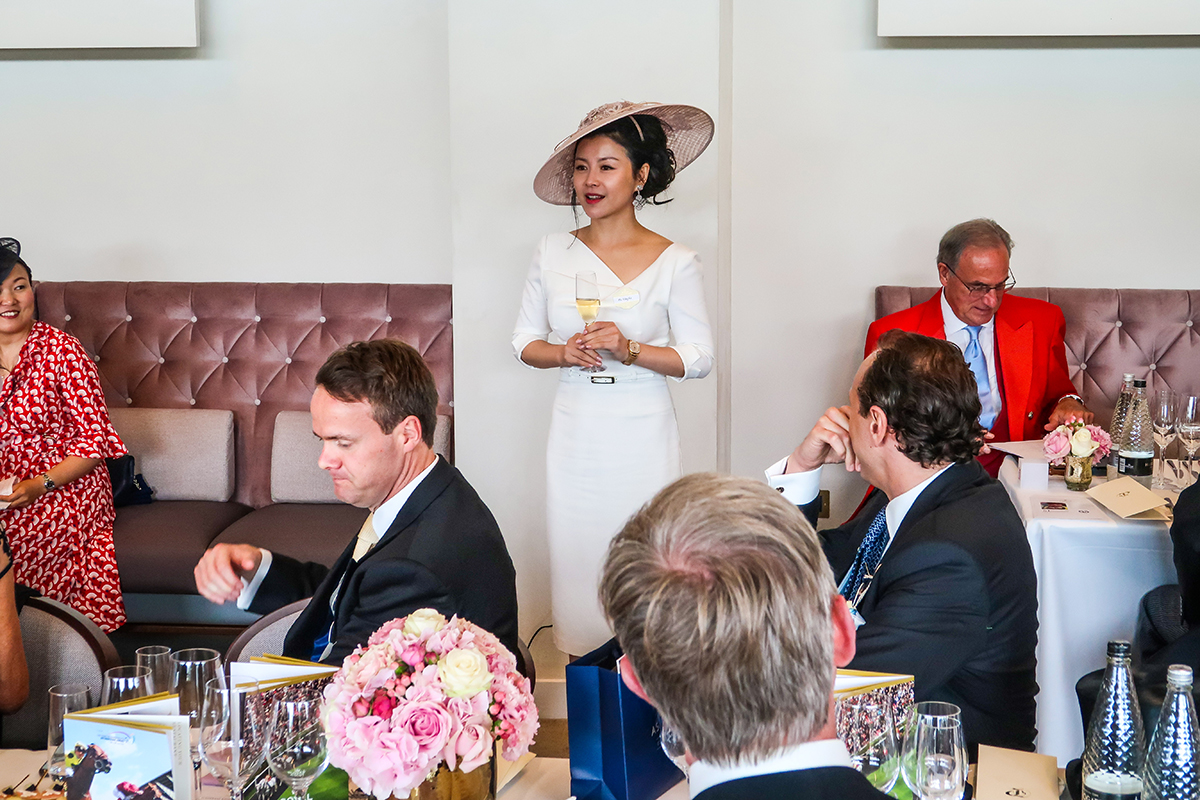


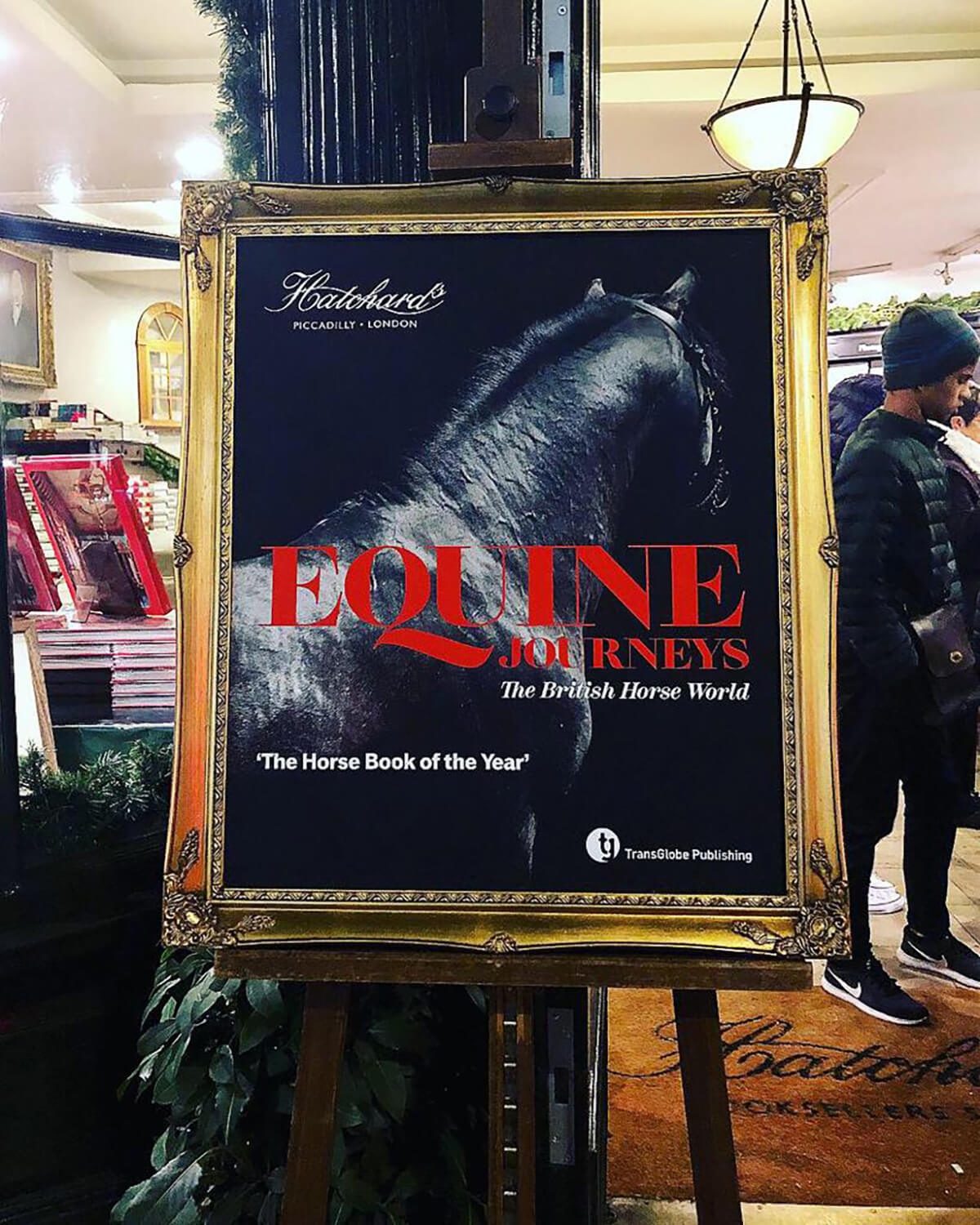


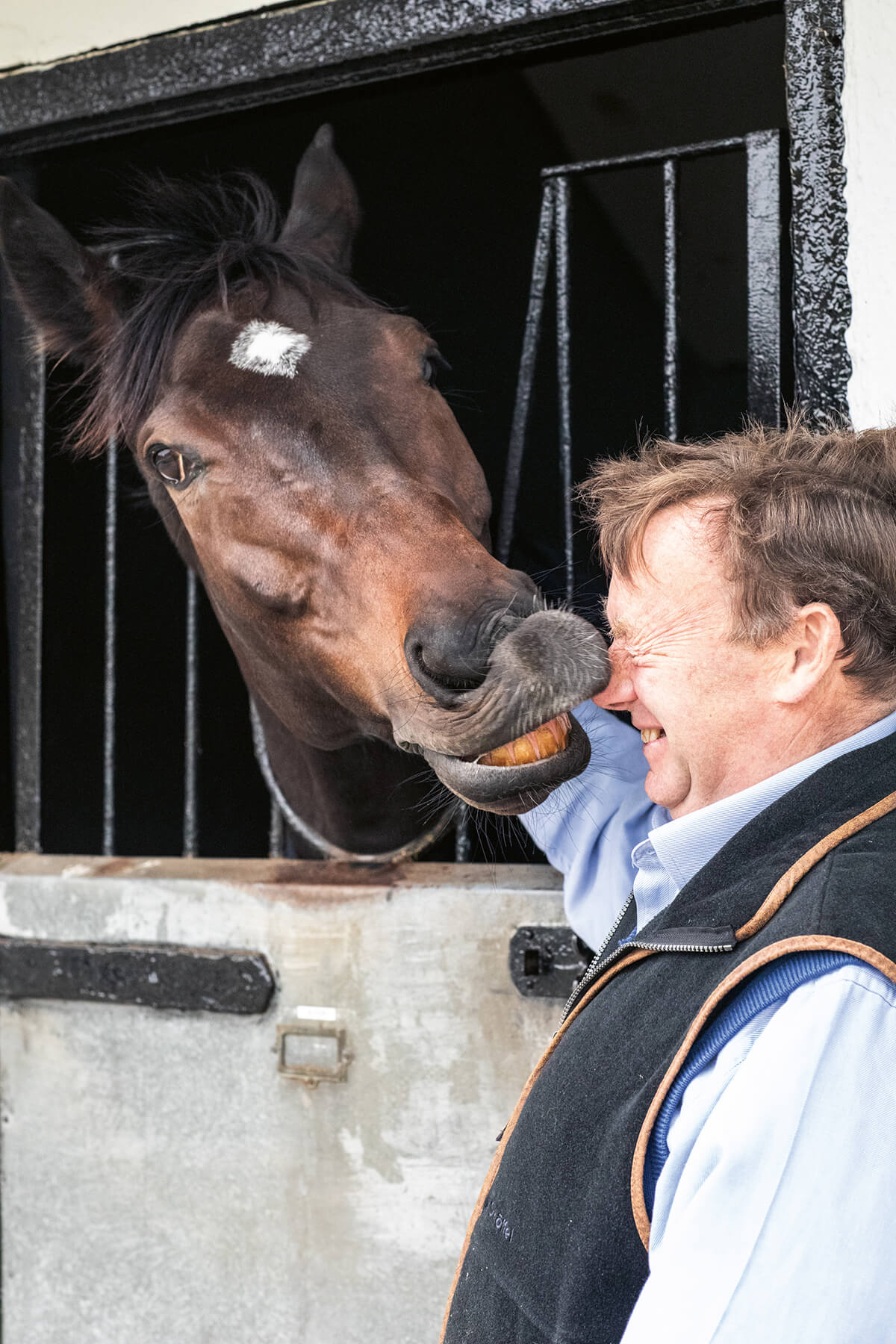
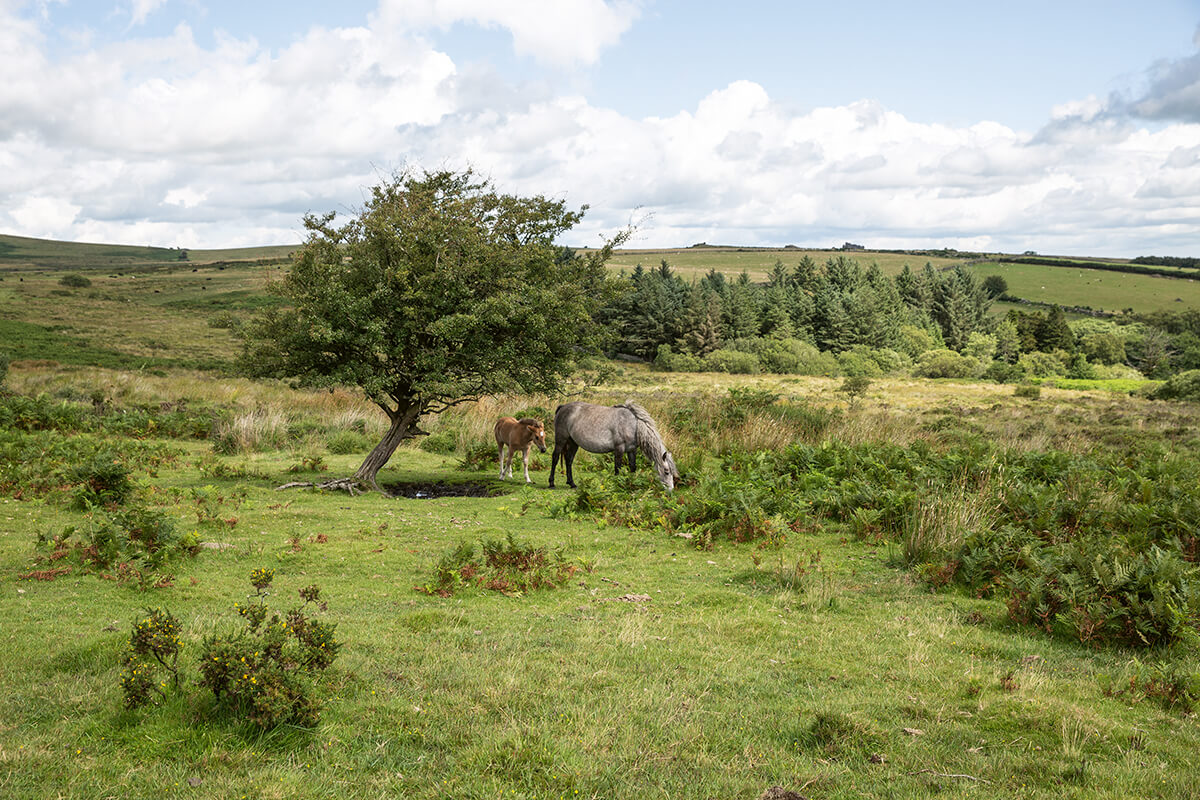
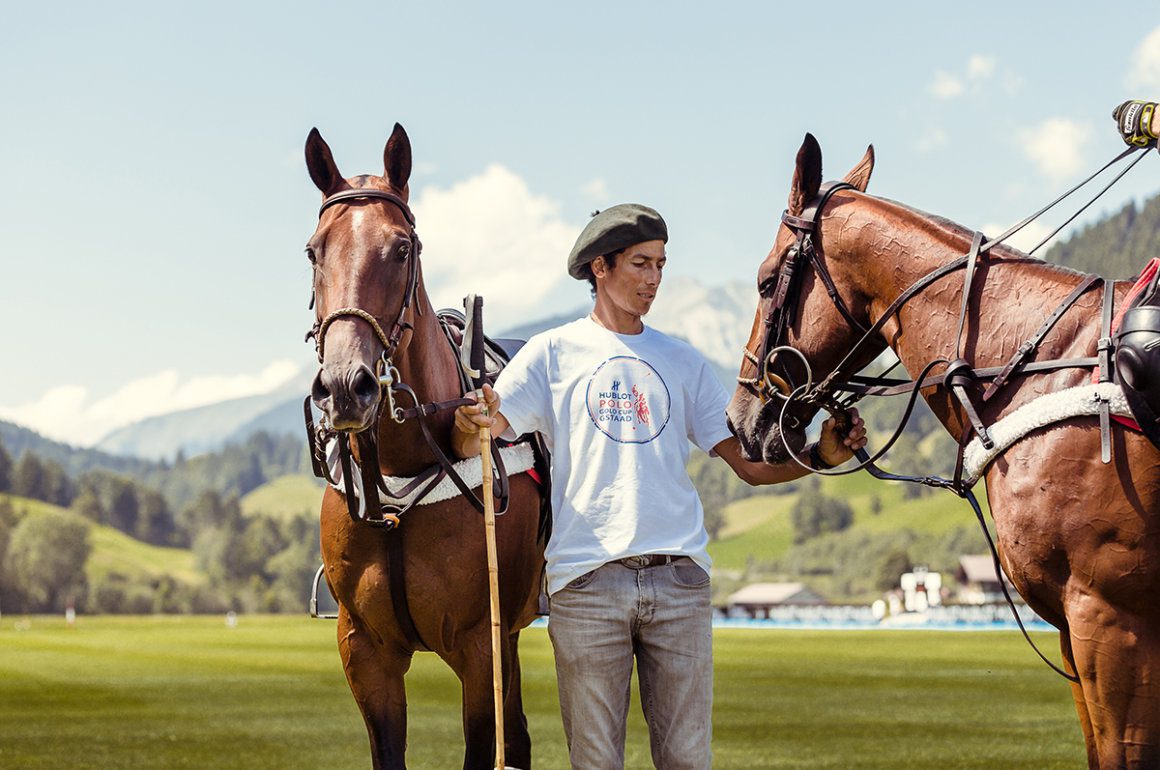
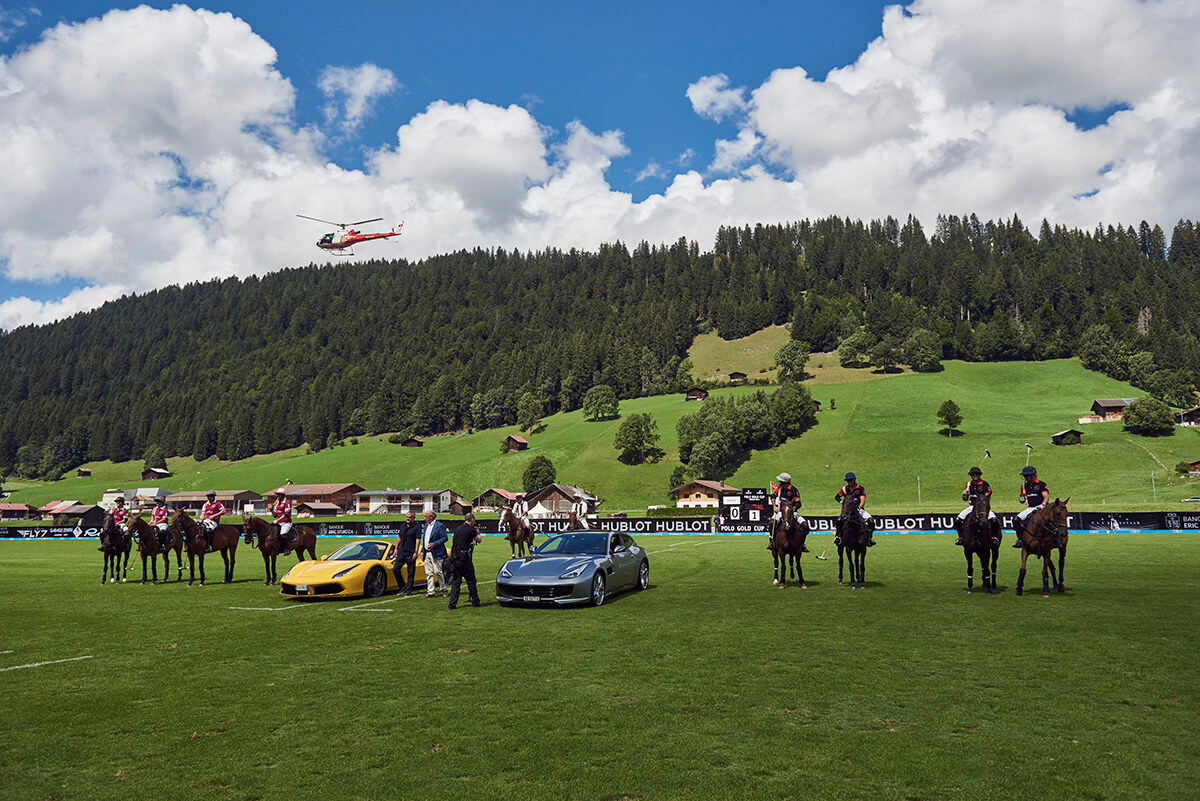
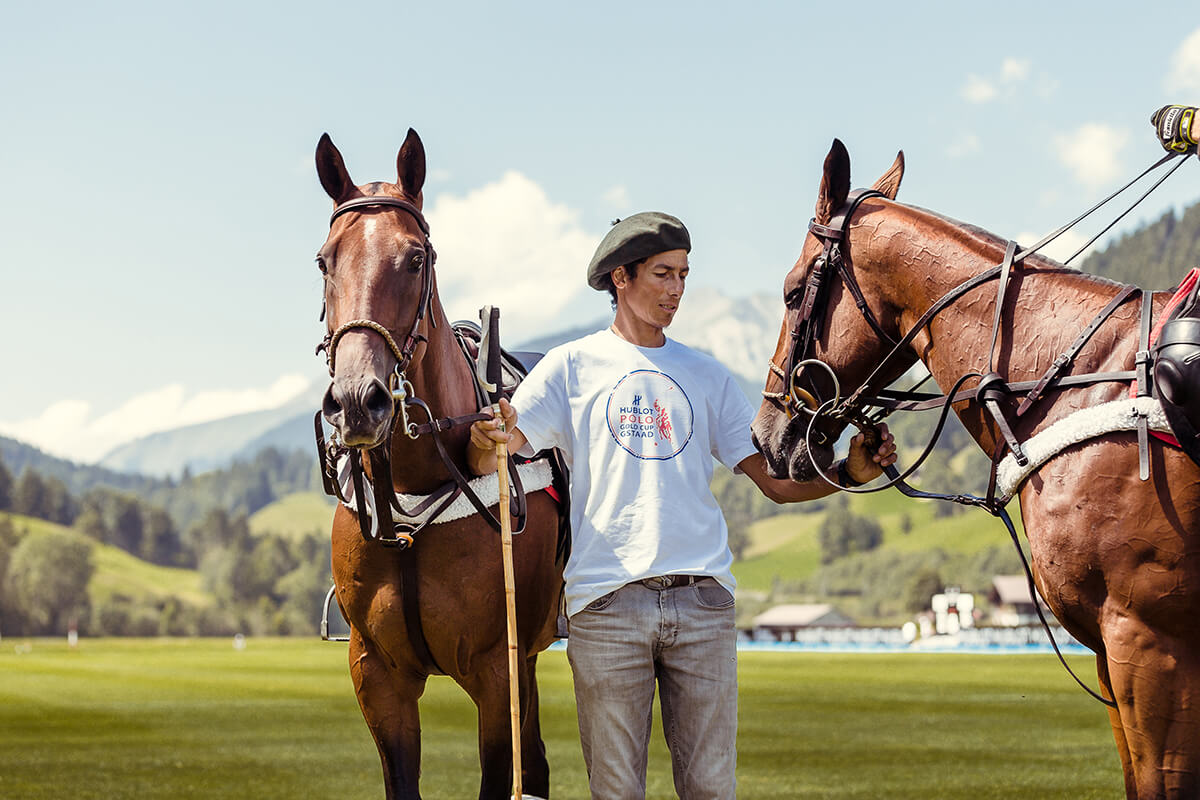





Recent Comments